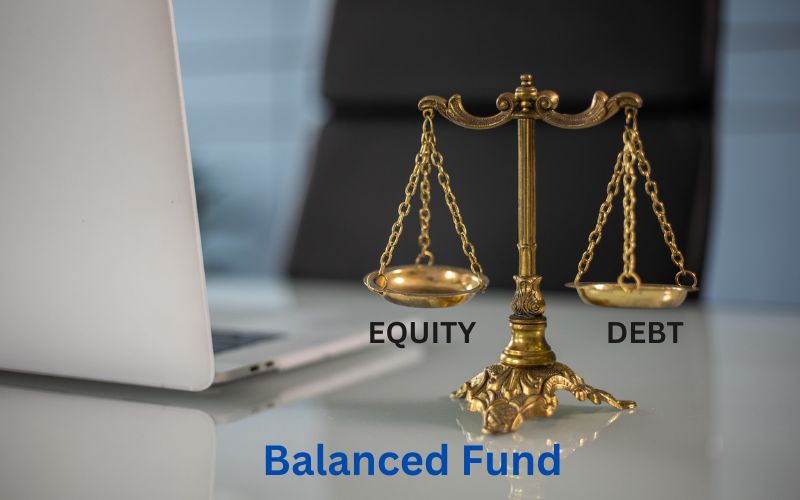Balanced Funds
What is a Balanced Fund?
A balanced fund is a type of mutual fund which invests part of investor’s money in equity market and part in debt instruments. These hybrid funds hold a mix portfolio of stocks and bonds and according to proportion of investment they are further classified.
Types of balanced funds
Balanced funds can be classified in two categories. 1) Equity oriented, where major investment is in equity. 2) Debt oriented, where major investment is in bonds and other debt instruments.
- Equity Oriented Balanced Fund: In this fund, at least 65% of the corpus is invested in equity component.
- Debt Oriented Balanced Fund: These types of funds invests at least 65% of their corpus in debt instruments.
Components of Balanced Funds
By investing in a balanced fund, an investor can allocate his money in equity as well as in debt. The equity part gives exposure to equity market for higher return whereas the debt part protects investment against any abrupt downfall.

Who should invest in balanced funds?
Balanced funds are suitable for an investor whose investment horizon is medium-term horizon. The minimum and maximum investment percentage in each class is fixed.
Balanced funds are mostly suitable for those investors who want to benefitted with equity returns but at the same time they are cautious for capital protection to some extent.
Balanced funds are not suitable for those who are investing money for short time and who are not comfortable with equity investing.
Advantages of balanced funds
Balanced funds have following major advantages:
- Reduced Risk: Compared to pure equity fund, investing in balanced funds can offer reduced risk due to the debt part of the balanced fund.
- Diversification: By investing in balanced funds, an investor can enjoy diversification in different asset class.
- Protection from inflation: Due to equity part, balanced funds can beat inflation in long run.
- Re-balancing of funds: In case of equity markets are overvalued, the fund manager can re-balance the portfolio to get benefit of debt market. The fund manager can also invests more money in equity market when it looks lucrative due to over selling. Such decisions are based on market conditions.
Tax Treatment for Balanced Funds
Equity-oriented Balanced funds have a greater portion of their portfolio invested in stocks (more than 65%) and so tax rules are similar to those for equity funds.
You may like to read: Types of mutual funds